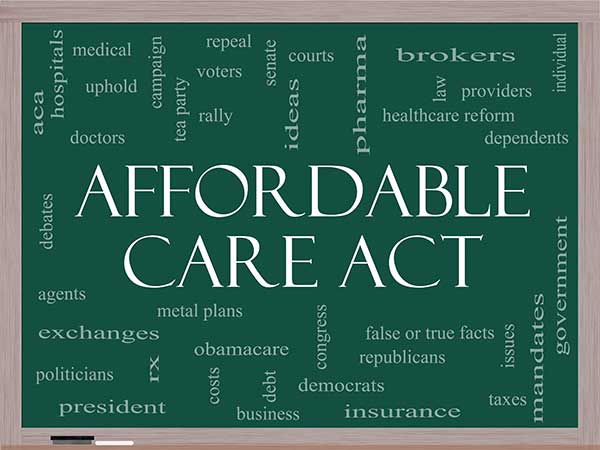
Health Insurance
Health insurance has changed dramatically since the implementation of the Affordable Care Act.

Understand Your Health Insurance
Our health care system has always been complex, but even more so with the implementation of the Affordable Care Act. Understanding all of your options and requirements can be difficult. We specialize in guiding our clients to the right health care plan for them – whether they’re shopping for their family, their business, or just themselves.
Uninsured Americans
Avg. Inpatient Hospital Costs Daily (Ohio)
Births per year (USA)
Types of Plans
Traditional
Traditional insurance plans were the original type of health insurance plan, but they are rare today. The insurance company generally pays a fixed fee for a particular service, or a set percentage, and the employee pays a copay for hospital and doctor visits.
HSA Compatible
A Health Savings Account is a tax-advantaged account that is designed to work with an HSA health insurance plan. Basically, you’re developing a nest egg that you can use to pay the higher deductibles that are a part of these plans, with the benefits of a lower monthly premium.
Defined Contribution
With defined contribution health care plans, employers can control their monthly cost by contributing a fixed dollar amount that employees then choose how to spend. Employees are responsible for paying the balance of their plan out of their own finances.
Self Funded
In a self funded health care arrangement, an employer pays for the cost of health or disability benefits with it’s own funds directly. Generally, the employer will also purchase stop loss insurance from an insurance carrier to balance their own risk.
Optional Benefit Packages
Vision Care
Some people choose to go without vision care insurance and pay for their vision products out of pocket. However, with the right vision care plan, you and your family are able to realize substantial savings. If you don’t get vision care through your employer, you are still able to enroll in an individual plan that will help cover your vision care expenses.


Dental Insurance
A healthy smile is a sign of a healthy person! Cavities. Wisdom Teeth. Crowns. Dental care can be confusing and expensive. Adding a dental plan for your employees, or purchasing one as an individual or family can help to control your out of pocket costs so that you can keep smiling.
Short Term Disability
Most people understand they need to insure their material posessions – their home, their car, their business, etc. However, many fail to insure what may be their most valuable asset – the ability to work and make a living. Short term disability insurance protects you in the event that you become sick or injured and unable to work. If you use your work income to pay your bills, you should seriously consider short term disability insurance.


Accident Insurance
Accident insurance is designed to help you with the medical and out-of-pocket costs that can add up following an accidental injury. Generally, this includes hospital stays, medical exams, and emergency treatment, and other expenses that result from an accident or injury. Accident insurance is available as a standalone policy or it can be bundled into an existing policy.
Cancer Insurance
Cancer insurance is designed as a supplement to your health insurance that helps protect against the high cost of cancer treatment. Often, cancer coverage offers wellness benefits for those who develop a healthier lifestyle, which can include quitting smoking, working out, and eating healthily. Along with encouraging preventative care, cancer insurance often provides access to tests that encourage early detection of the disease, such as mammograms, Pap smear tests, and colonoscopies. Get in touch with us to learn more about adding cancer insurance to your existing health care plan.



















